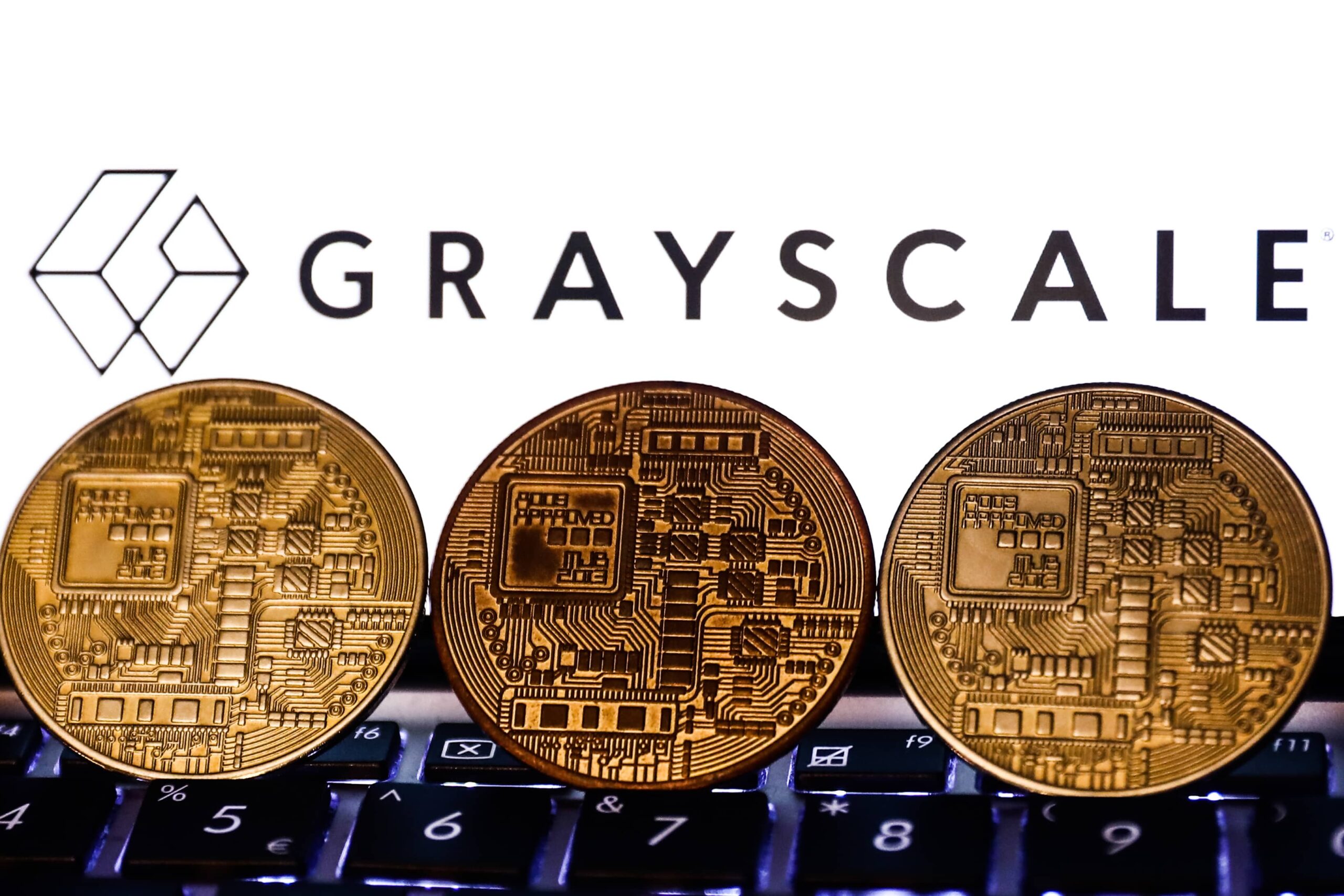
In a move that could significantly boost crypto adoption and mainstream spending, FTX US, the American branch of the popular cryptocurrency exchange, announced a groundbreaking partnership with Visa to launch a crypto-backed debit card. This collaboration marks a major leap forward for the crypto industry, bringing the convenience and flexibility of digital assets to consumers’ everyday lives.
The FTX US Visa Debit Card will allow users to seamlessly spend their crypto holdings anywhere Visa is accepted, effectively blurring the lines between traditional fiat currency and digital assets. Imagine paying for your morning coffee with Bitcoin, settling your grocery bill with Ethereum, or topping up your gas tank with Solana – all without the hassle of converting your crypto to cash beforehand. This removes a significant barrier to entry for many potential crypto users who have been hesitant to dive into the digital asset world due to its perceived complexity and lack of real-world utility.
For Visa, the partnership with FTX US represents a strategic move to stay at the forefront of the rapidly evolving payments landscape. As consumers increasingly embrace digital forms of currency, Visa stands to benefit from expanding its network to encompass the burgeoning crypto market. With over 80 million merchants accepting Visa payments globally, the FTX US debit card opens up a vast new world of spending opportunities for crypto enthusiasts.
Analysts predict that the FTX US Visa Debit Card could unlock billions of dollars in crypto spending, fueling further growth for the industry. “This partnership is a game-changer,” said Ben Miller, founder of crypto market research firm Delphi Digital. “It removes a key friction point for consumers who want to use their crypto for everyday purchases. We expect to see a significant surge in crypto adoption, particularly among younger generations who are already comfortable with digital payments.”
However, some experts caution that challenges remain. Integration with legacy financial systems, ensuring proper security measures, and educating consumers about responsible crypto spending are key issues that need to be addressed for the debit card to achieve its full potential.
Despite the challenges, the FTX US Visa Debit Card represents a significant milestone in the mainstream adoption of cryptocurrency. It paves the way for a future where digital assets are seamlessly integrated into our daily lives, offering enhanced financial flexibility and unlocking new avenues for commerce. As more traditional financial institutions embrace the potential of crypto, the boundaries between the old and the new worlds of finance continue to blur, shaping a future where innovation and convenience reign supreme.




